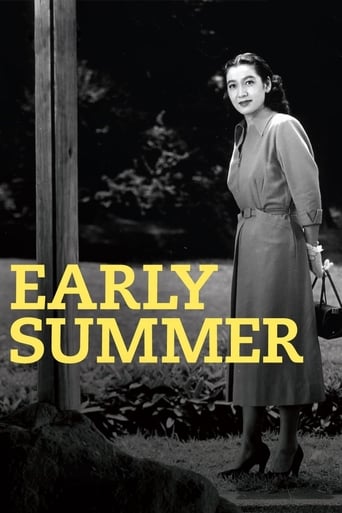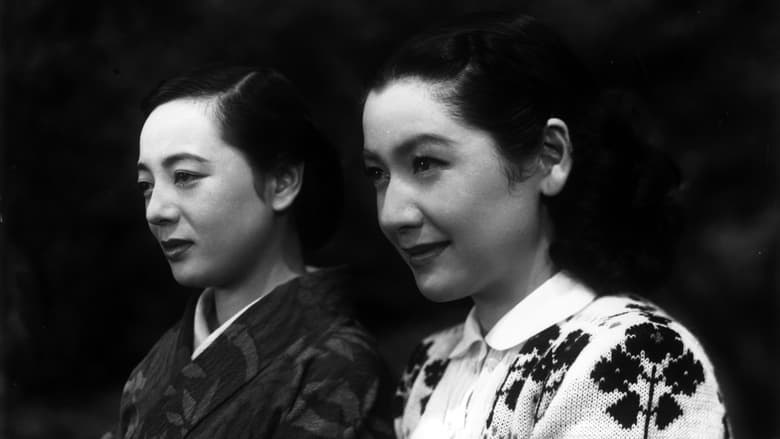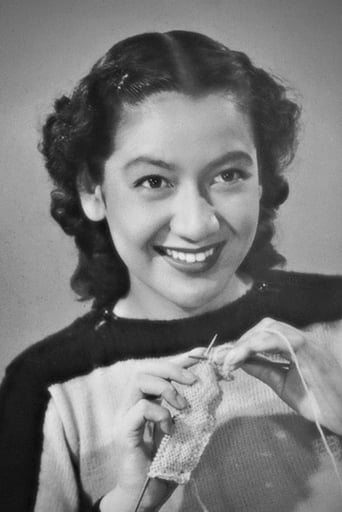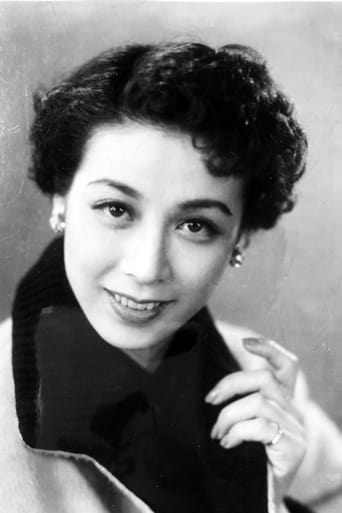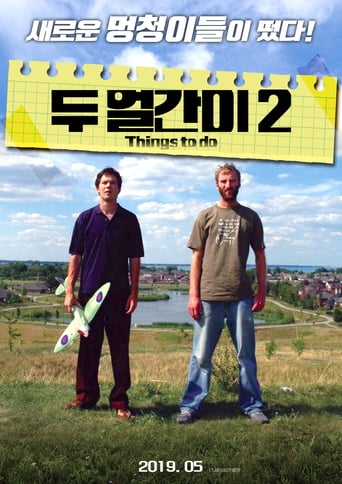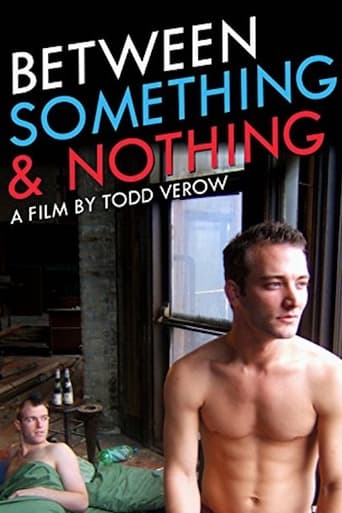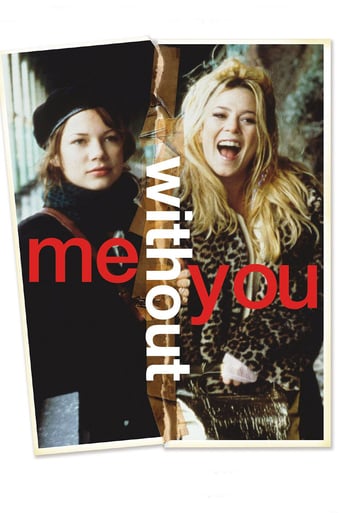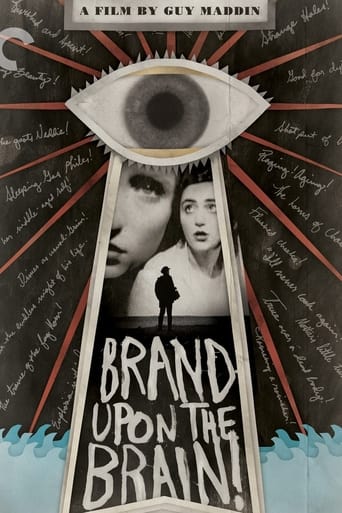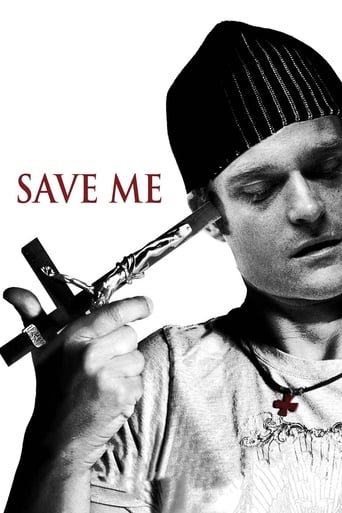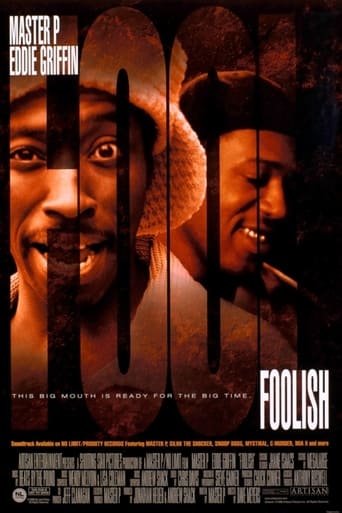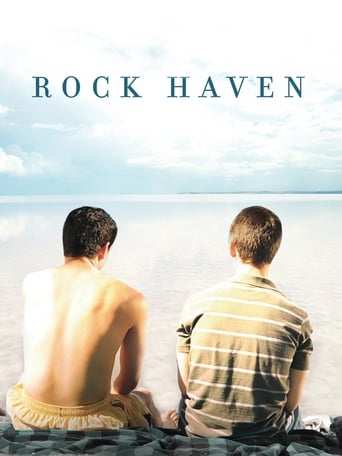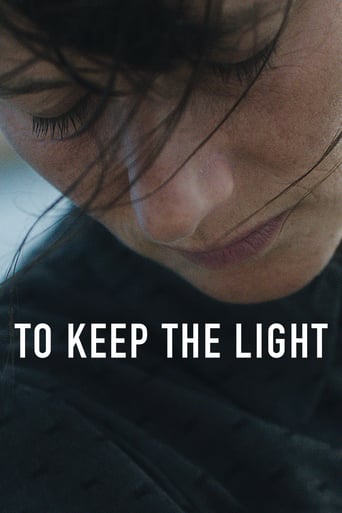Early Summer (1972)
A 28-year-old single woman is pressured to marry.
Watch Trailer
Free Trial Channels
Cast


Similar titles
Reviews
That was an excellent one.
It's easily one of the freshest, sharpest and most enjoyable films of this year.
Yes, absolutely, there is fun to be had, as well as many, many things to go boom, all amid an atmospheric urban jungle.
This is a small, humorous movie in some ways, but it has a huge heart. What a nice experience.
There is a great harmony in everything about this film, which has a Japanese family of three generations wondering if it's time for the 28-year-old daughter (Setsuko Hara) to get married, and proposing an opportune match. Director Yasujiro Ozu uses many of his trademarks, both in content (e.g. two rascally little boys adding a cute element) and in style (e.g. with regular use of those shots from the mat, directly into a character's face as he or she speaks). While some of those things and the overall primness of the film threatened to get on my nerves, I have to say, I enjoyed it, and it finished strong.In the film, Ozu gives us lessons in being gentle, patient, and bearing with the inevitable changes in life, and he does it in a simple way. Hara seems to be constantly smiling and cheery which may seem a little one-dimensional, but she ultimately stands up for herself in her own, non-confrontational way. The conversation she has with her friend, where the two discuss whether a love based on trust and friendship is true love, is deeply meaningful. The conversation she has with her sister-in-law while they're at the beach, the only one Ozu ever used a crane for, and where they talk about sacrifice and living a life without a lot of money, is as well. The film gradually builds you to these strong late scenes, so if you're less into it early on, I would encourage patience. The subtle way in which a possible marriage is discussed, and not directly by the two involved (being intentionally vague here), is both cute and an insight into the culture. There are also universal, sentimental themes. The mother and father (Chieko Higashiyama and Ichiro Sugai) turn in strong performances, and the scene where they talk about a son who was missing in action in the war is striking. Their posing for a family picture, all smiles and jovial between takes, but then looking solemn before the picture is taken, is fantastic. The father's silence and patience as events in his family unfold culminates eventually in him recognizing that we all wish we could stay together with family members as they are, but that things inevitably change. It's quite beautiful.
My second foray into Ozu's canon, EARLY SUMMER is two years prior to TOKYO STORY (1953), the story customarily hinges on an extended household of Mamiya with Ozu's homegrown cast, and its material can be readily read as a prequel of TOKYO STORY with small identity and cast tweaks.Shukichi (Sugai) and Shige Mamiya (Higashiyama) are an elderly couple living in their suburban home near Tokyo along with the family of their eldest son Koichi (Ryû, who would in two years, take Sugai's mantra to play the husband of Higashiyama in TOKYO STORY), a physician who is married to Fumiko (Miyake) and they have two young boys, also living under the same roof is Koichi's unmarried sister Noriko (Setsuko Hora, who passed away merely last year at the venerable age of 95), who takes the centre stage in the story, since her marriage prospect will inevitably change the status quo of this harmonious family.Noriko is 28 years old, chirpily enjoys her bachelorette days, she works as an office secretary of Mr. Satake (Sano), and is thick as thieves with her unmarried school-days friend Aya (Awashima). At home, she is in good rapport with everyone, Fumiko especially. Apparently, it is the best time of the family, as Shukichi sighs with a dash of melancholy (they have another son, who has been presumably missing in the war).Mr. Satake recommend a promising 40-year-old bachelor businessman to Noriko as her potential husband-to-be, she equivocates, but the family is motivated, Koichi begins to do some background research of the candidate, which turns out quite satisfactory in his view, but Shige holds her reserve about their age difference, and it ruffles Koichi's feathers, in his defence, Noriko is not a young maiden anymore, she shouldn't be too picky either (a reactionary bias on women, still today). A discord is nimbly instigated but the irony is, Noriko doesn't even have the intention to meet the hopeful at the first place, and before soon she will shock and disappoint the family with her own choice of her future husband, which suggests a lot of hardship is in the offing for her.Even for an Ozu novice like myself, it is not difficult to discern his salient exercise of narrative lacunae, whether it is the conversation between their neighbour Tami (Sugimura) and Shige about a private detective asking about Noriko, interrupted by Shukichi's emergence and never resumes itself, or a clear shot of the said hopeful in person when Noriko and Aya are emboldened for a playful peep, even Noriko's marriage ceremony, has never be shown directly on the screen. Ozu is a master of eliding hectic actions and prefers using words, even small talks to fill the missing pages, an expedient move to facilitate the shooting and preserve his stationary style, yet, the story never slumps into monotony, all owing to the industriously composed script inundated with insightful rumination and realistic precision, penned by Ozu and his long-time collaborator Kôgo Noda.Setsuko Hara, is forever enthralling in her good-natured etiquette and photogenic effervescence, she is the ultimate screen emblem of oriental warmth and optimism, even in the single-ladies-vs.- married-women bickering, she radiates benevolence without betraying any grudge. Here, her Noriko also epitomises a modern, more independent image of a younger generation of Japanese women after WWII, no longer curbed by family persuasion, extraneous influence or social pressure, they learn to be in the driver's seat in their own lanes.Chishû Ryû, plays the peer of Hara, and Haruko Sugimura, plays her elder here, both would switch their social hierarchy in TOKYO STORY, an undeniable testimony of their uncanny and fluid versatility, along with a studious supporting cast dutifully verbalises their dialogues verbatim and gestures to a nicety. Elucidating eloquently Ozu's thematic concerns of social and familial changeover, individual awakening and humane poetry, EARLY SUMMER, is without doubt on a par with TOKYO STORY in every aspect, and mesmerises new audience to ask for more from Ozu's treasury.
What a way to start a film! The ebb and flow of things, of family, of expectation. It all comes together later: the aviary, the balloon in the sky, the final photograph, the wedding party crossing the field (reminiscent of Vigo's "L'Atalante" [1934]). There's the unfathomable sense of loss, of belonging. Change in the smallest of things. The swift cuts from the beach to the house via the aviary and the two interior shots have such potency that they're quickly becoming my iconic Ozu moments.Here the camera moves more than it does in "Banshun" (1949) or "Tôkyô monogatari" (1953), not to mention his later work. The minutiae of the movement is scintillating, the timing and graceful effect the shots have, electrifying and intensifying the film greatly. They're not self-conscious as you might think considering they're surrounded by such an ocean of repose.And there's always a performance in the middle of it. This time it's a kabuki play. Ryû Chishû is sublime in this as the cranky brother, perhaps his best role.This has been released on Blu-ray (Region B) by the British Film Institute as part of their huge undertaking to release over thirty of Ozu's films on either Blu-ray or DVD. It's a wonderful transfer, a treasure to behold.
This is a lovingly directed and acted movie. It's obvious that someone cared when they made this movie. However, while these quality elements are there, I found the movie to be very dull and SOME of the characters inexplicably annoying. Perhaps I am one of the only people who became irritated by how obnoxious the two little boys were in the movie and how incredibly over-indulgent the family was. When the father FINALLY yelled at one of the brats, the jerks ran away and everyone scolded the father. I DON'T like to be around brats in my own life if I can help it, and watching brats in a movie is very unsatisfying for me. Am I the only one who wanted to see these two kids smacked?! Apart from this visceral reaction, I was amazed how LITTLE I reacted to everyone else in the film. I just found myself bored.This film was followed up two years later with Tokyo Story. While many of the same story elements recur in the second film (a sense of alienation, spoiled kids, parents assessing and re-assessing that things have gone well despite a few setbacks, etc.), the overall story is just more compelling and interesting.

